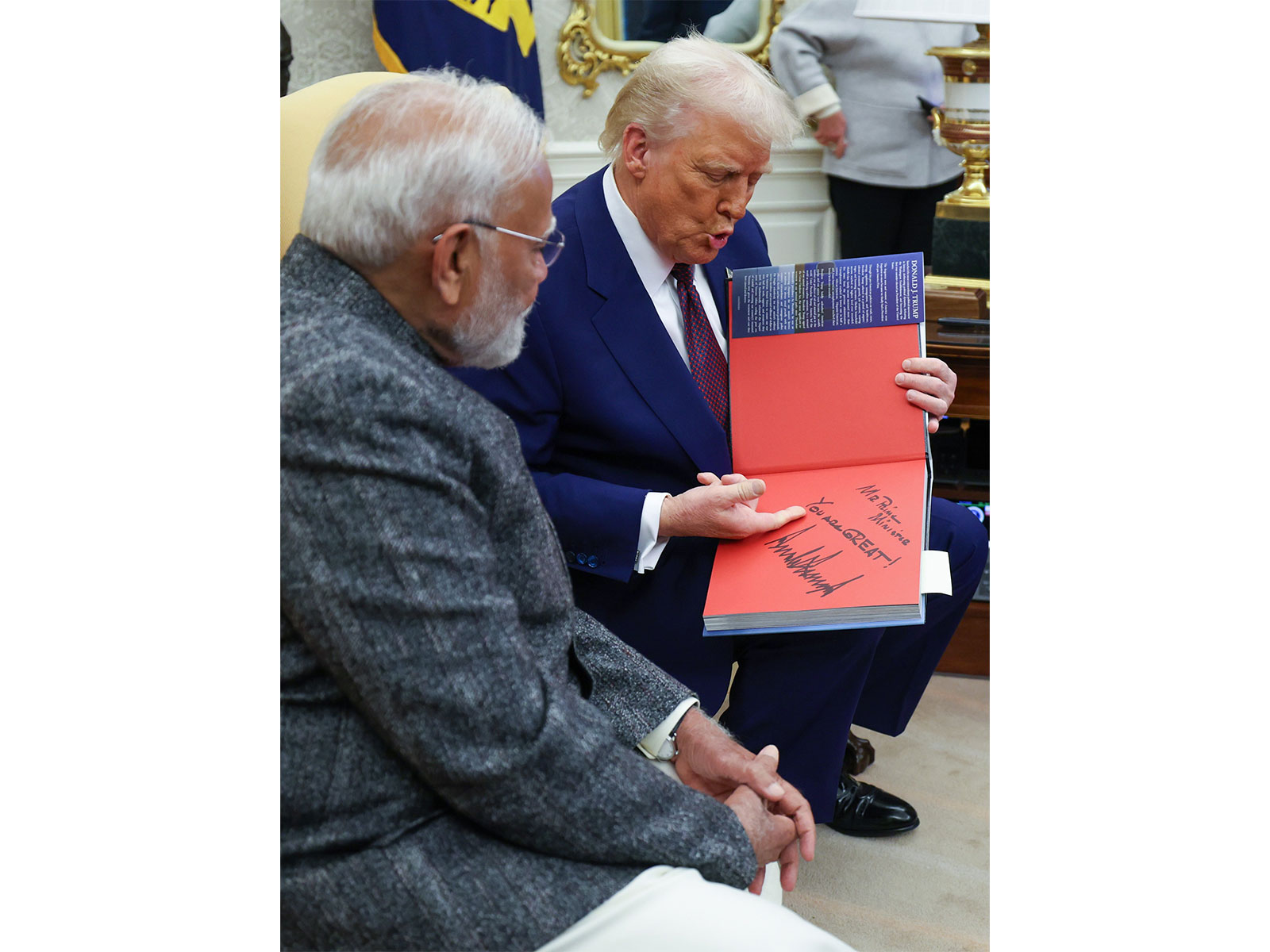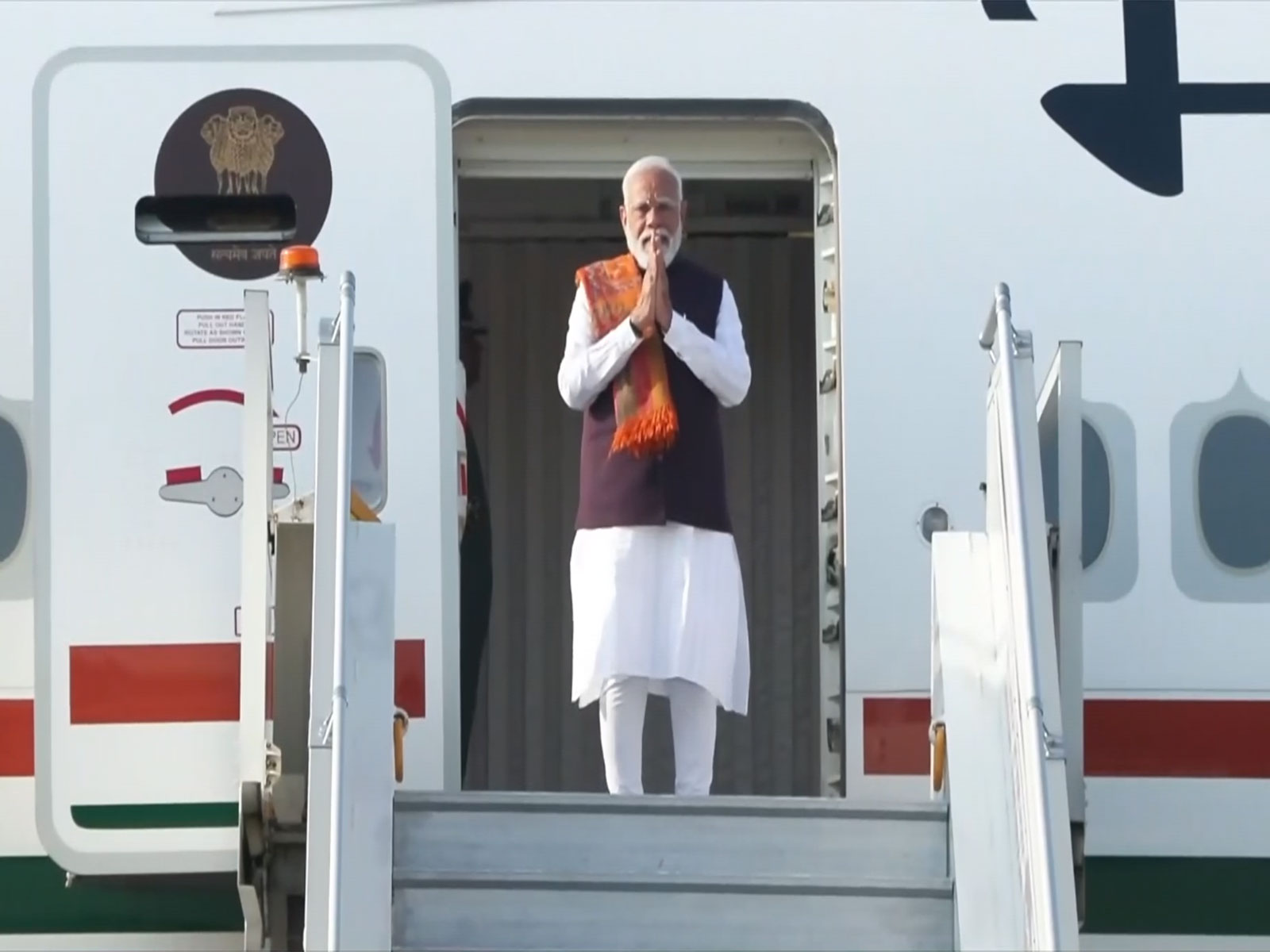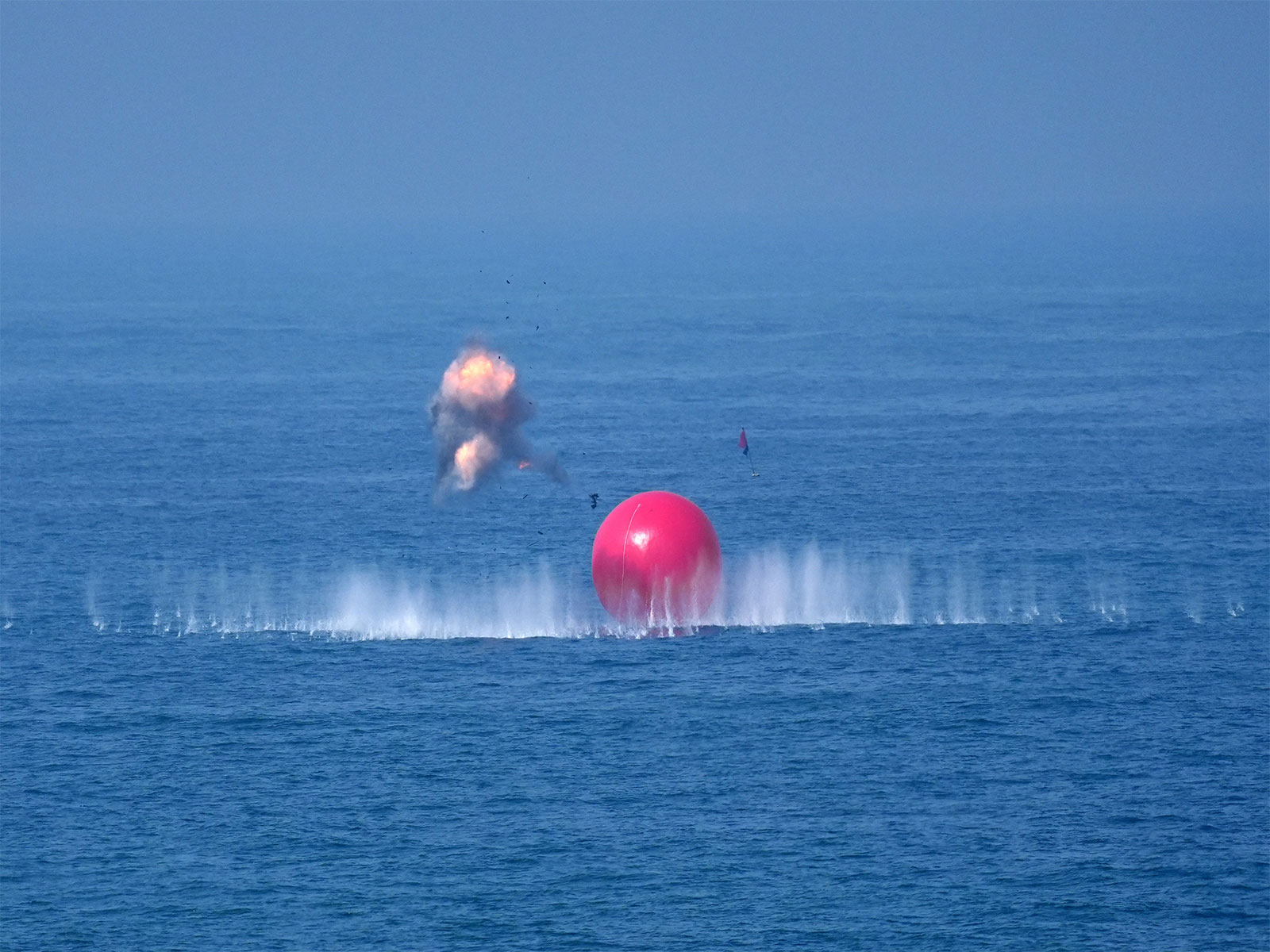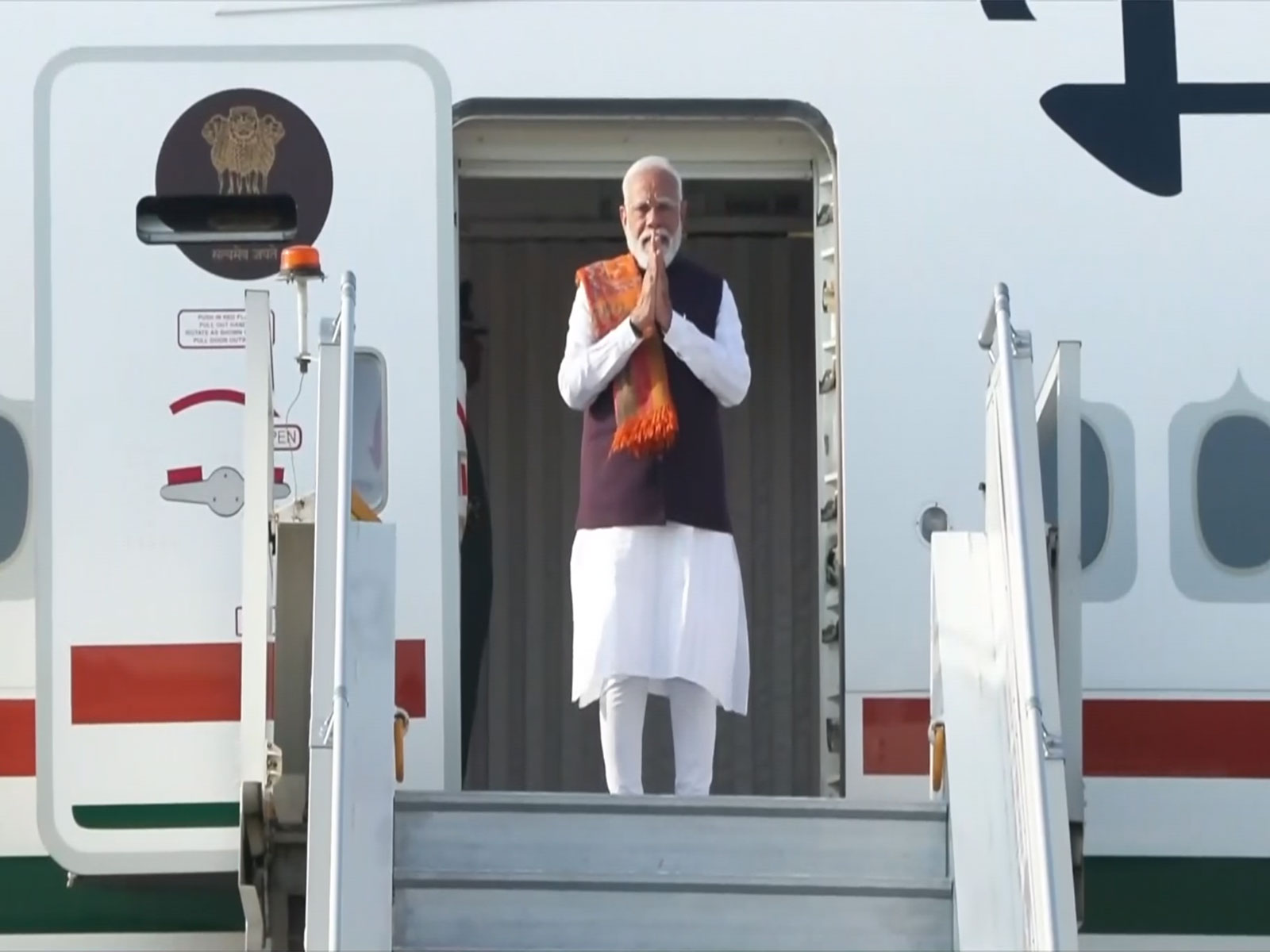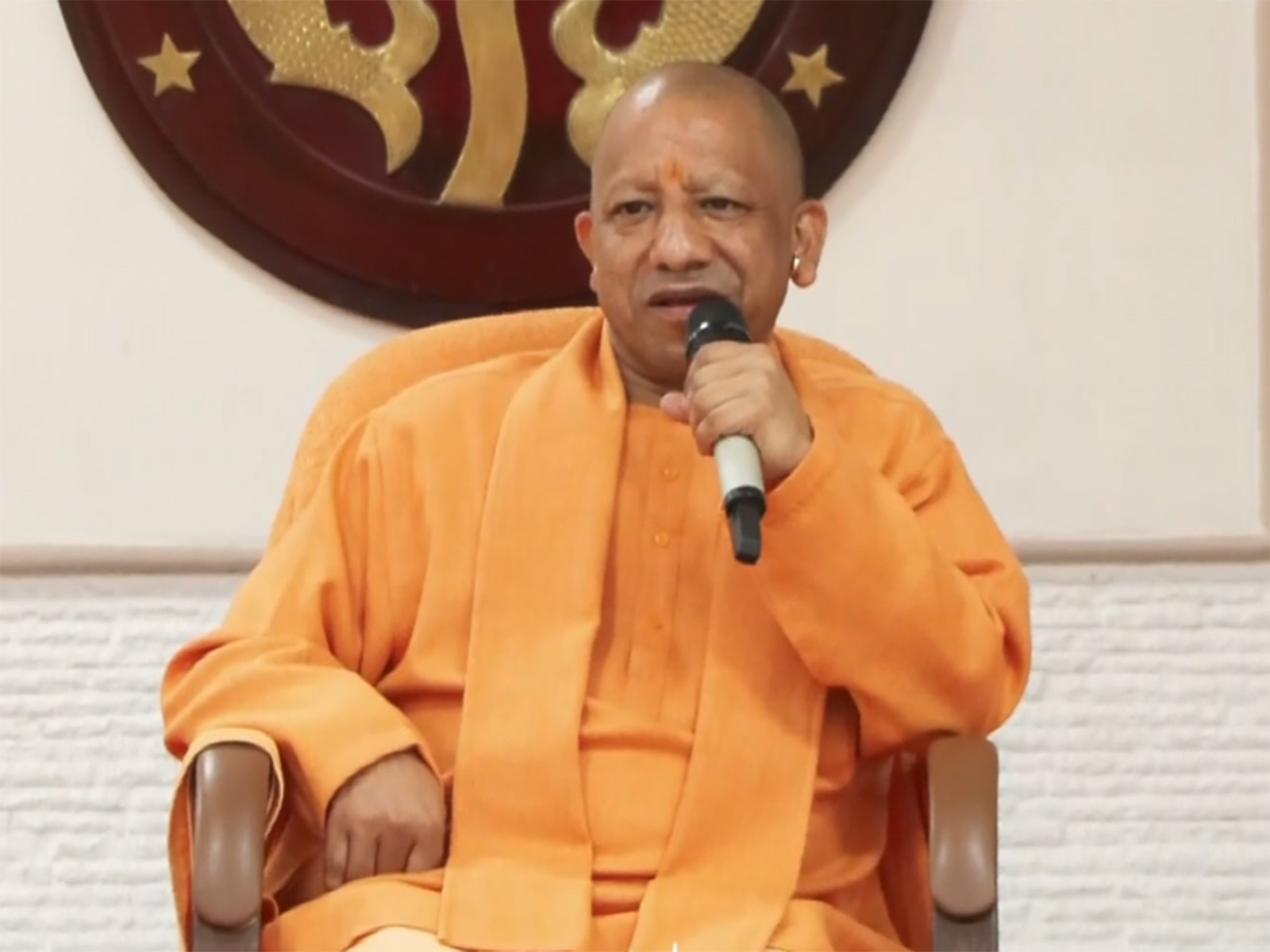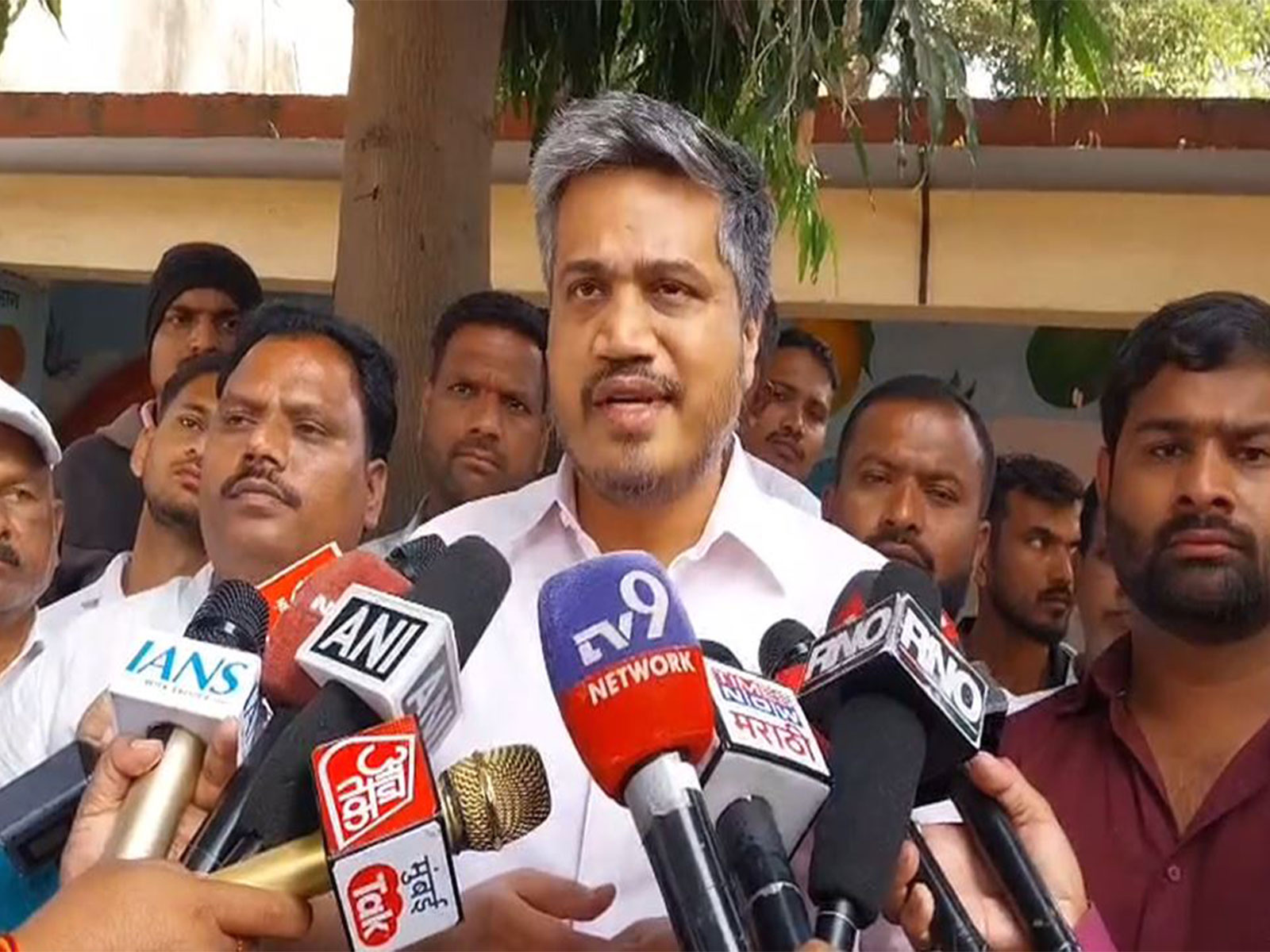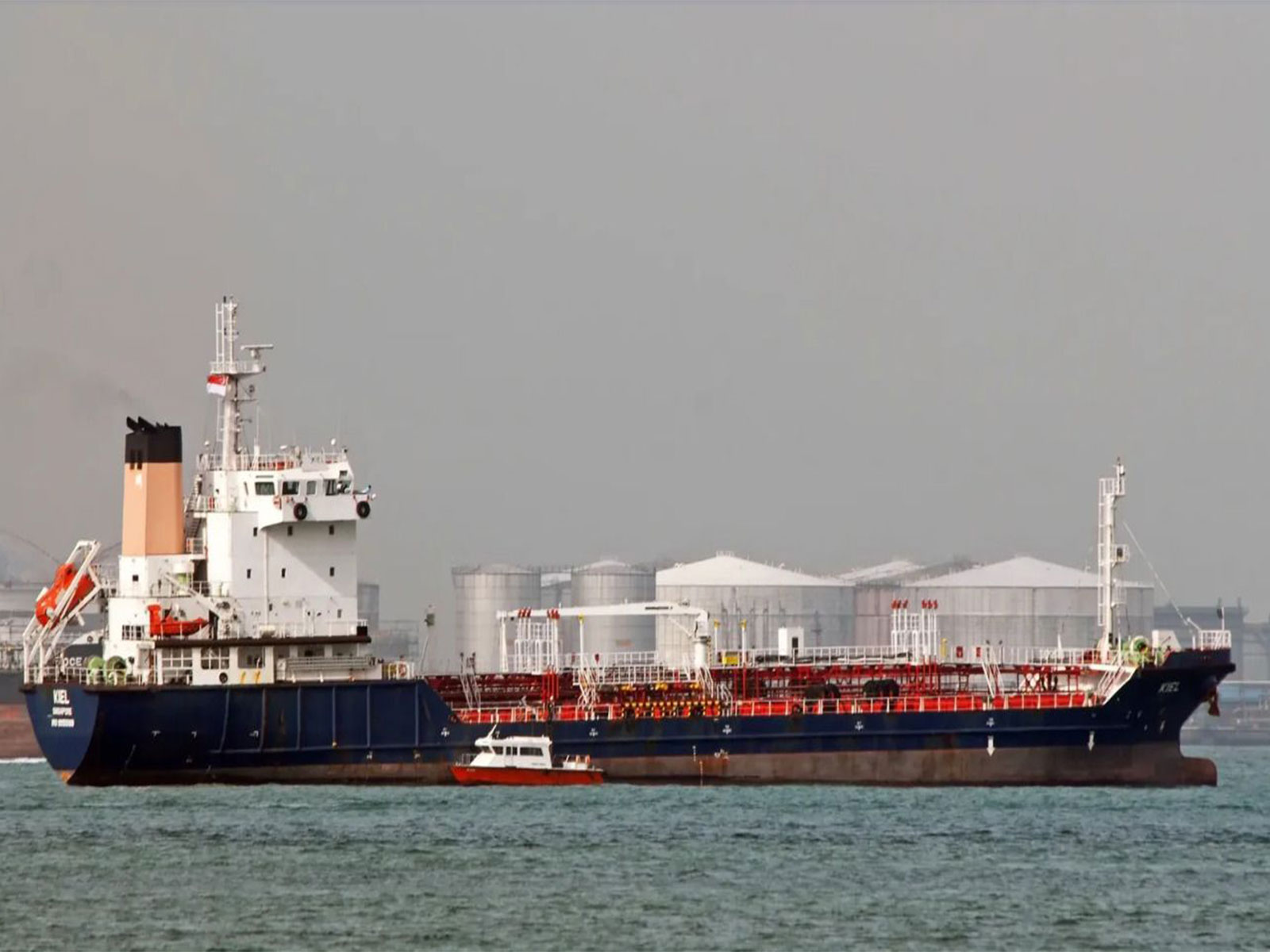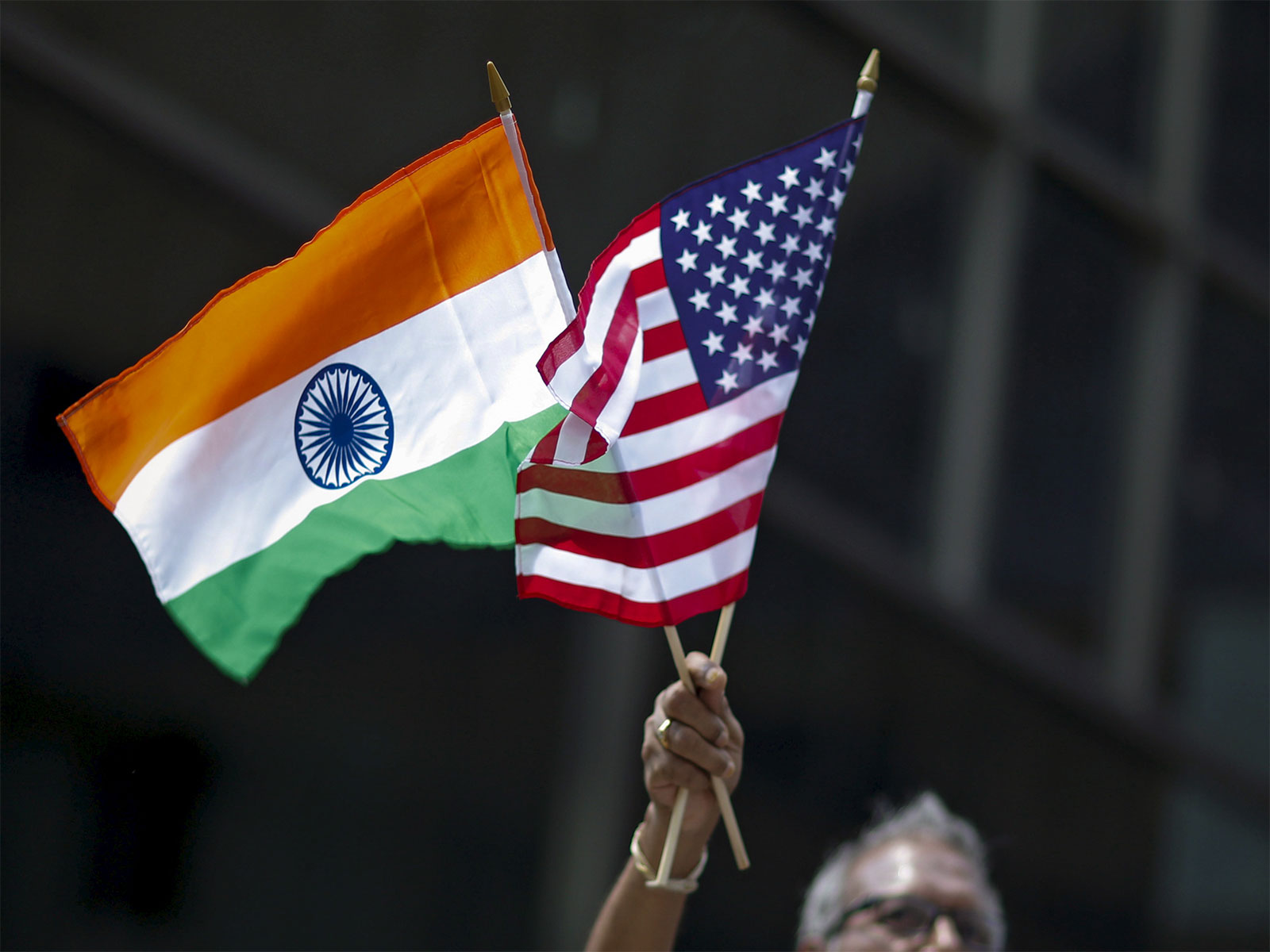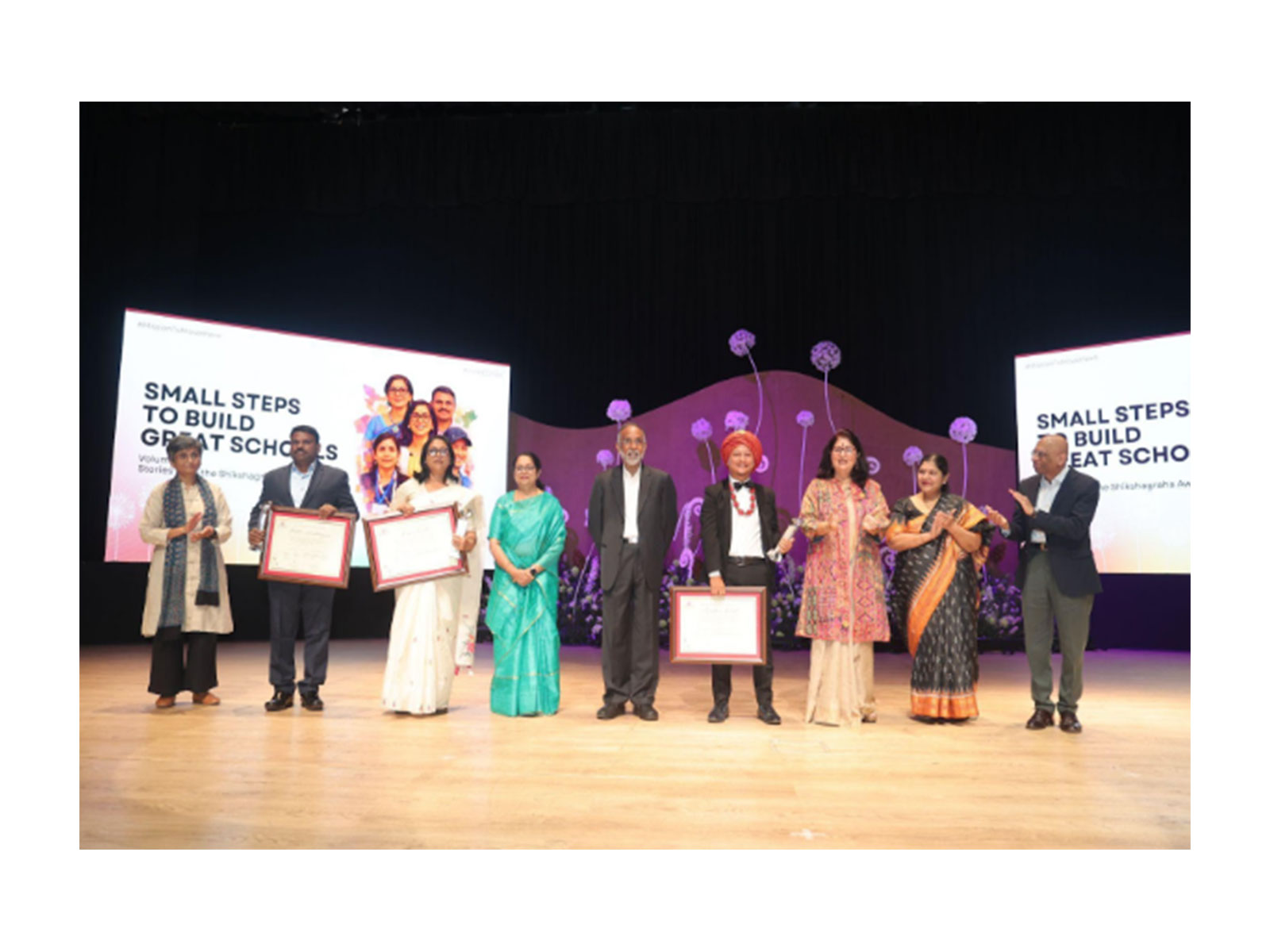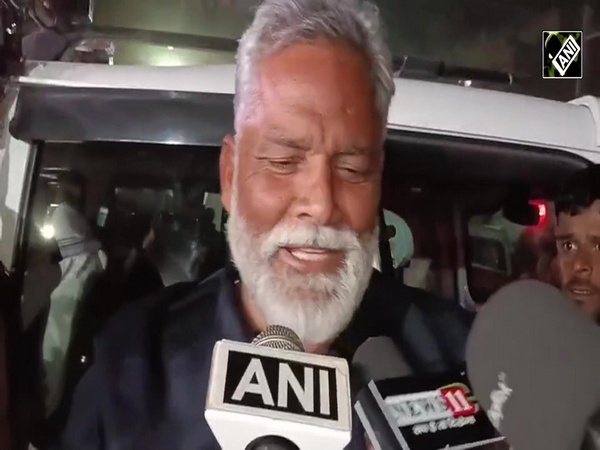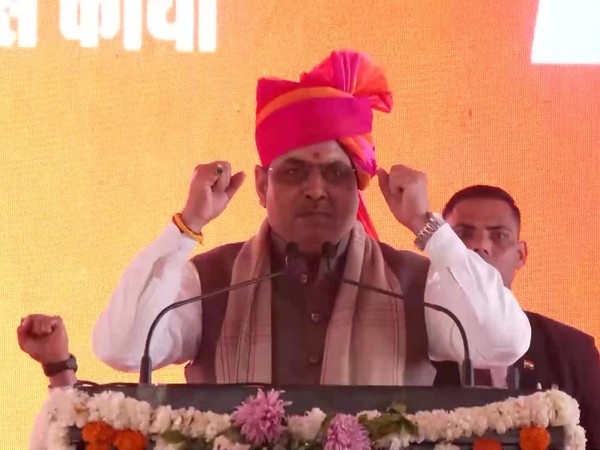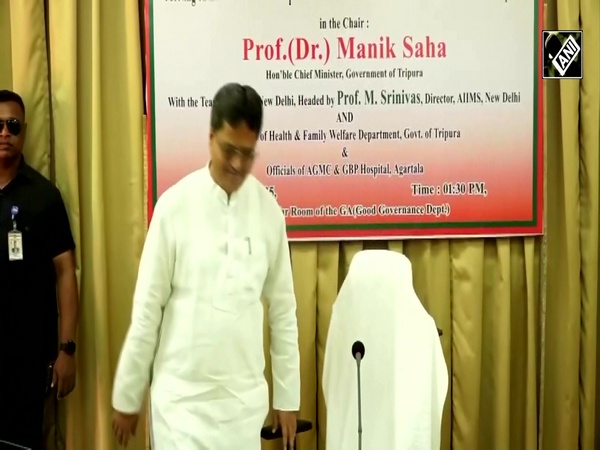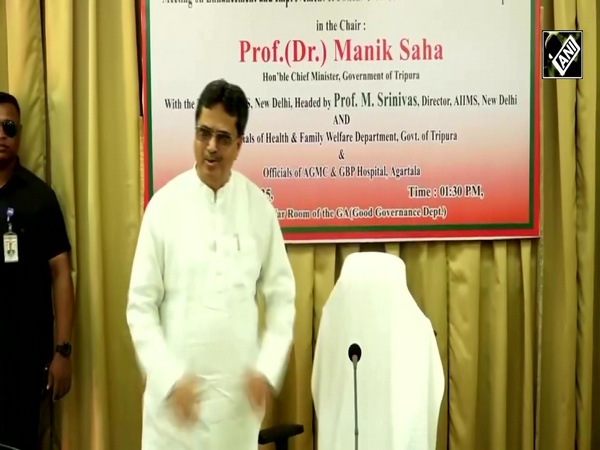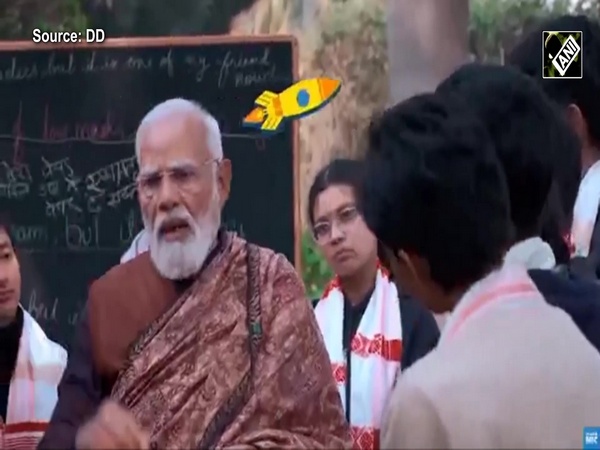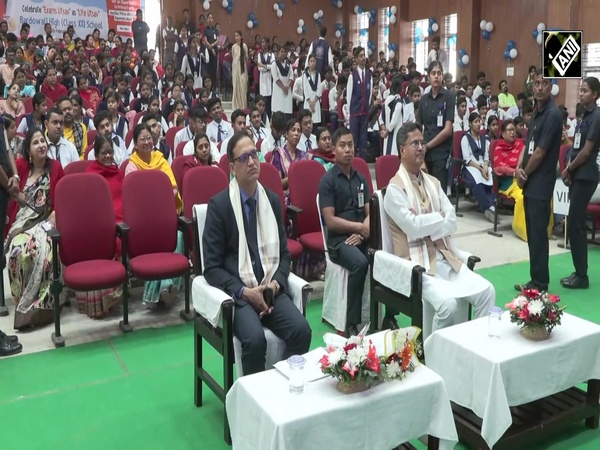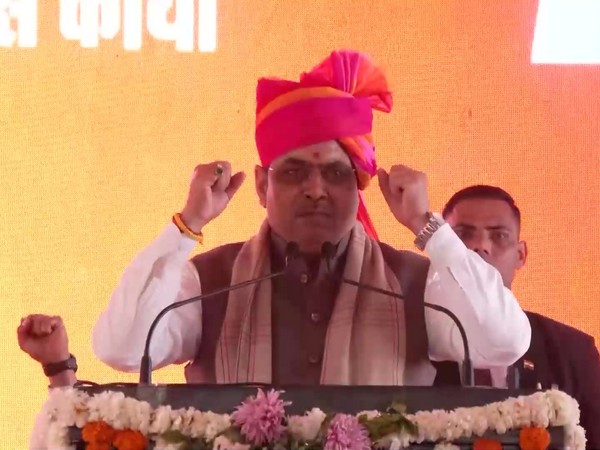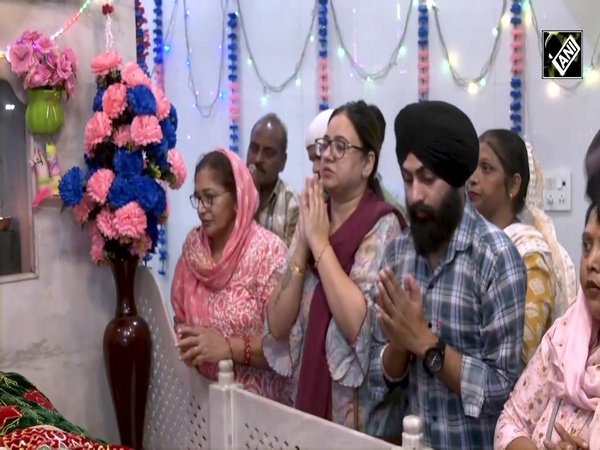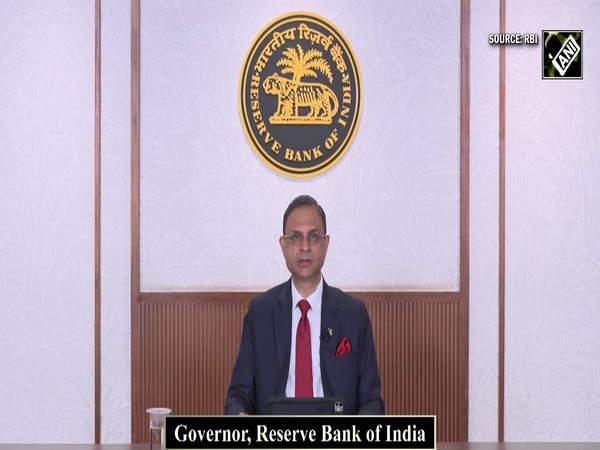"Developed countries should cut down emissions first, this is voice of Global South": Power Minister RK Singh
Nov 30, 2023

New Delhi [India], November 30 : The Union Minister for Power, New and Renewable Energy RK Singh has said that the dialogue at COP28 should be about cutting down emissions and that it is for the developed countries to cut down emissions first.
Highlighting that India's contribution to the carbon dioxide load is only 3 per cent, the Union Minister said that the majority of the carbon dioxide load is contributed by developed countries.
"Developed countries are emitting at a faster pace than other countries. 80 per cent of total legacy carbon dioxide load is contributed by developed countries, whose population is one-third of the global population. On the other hand, India's contribution to the carbon dioxide load is only 3 per cent, though our population is 17 per cent of world population," he said, according to an official release from the Ministry of Power.
"Our per capita emissions are 2.19 tons per year or one third of global average, while the global per capita average is 6.8 tons per year. So, it is for developed countries whose per capita emissions are 2-3 times the global average, to cut down emissions first. That is what the discussion on COP should be about. This is the voice of the global south."
The Minister was speaking at the inaugural session of the Indo-Japanese Conclave 2023, organised by The India Today Group, in New Delhi on November 30, 2023.
Singh said that the focus should be on reducing carbon emissions and not on the choice of fuel.
"The whole battle the world is waging is on reducing emissions. It is high time the world unitedly attacked this central problem--from where the emissions come. Whether emissions come from petroleum, gas or coal is irrelevant; the question is how much one is emitting; that is what is causing the global rise in temperatures," the release quoted him as saying.
According to the Minister, talking about coal is a risky diversion that some industrialised nations have used to deflect attention from their emissions.
"India's attempt always has been on bringing back focus on where it should be - i.e., emissions reduction. And those who are emitting at the highest rate should reduce emissions first. Overall situation is that if we want to limit the global rise in temperature to 1.5 degrees, the available carbon space left is just about 250 gigatons of carbon; the world is emitting at the rate of 53 gigatons every year, which gives us just 5 years. If we need to remain below this limit, then the global citizen should not be emitting more than 6 tons per year. While we in India are emitting only 2.19 tonnes per year, there are countries where the per capita emissions are 12-20 tons per year. Quantum of per capita emissions needs to be brought down to 6 tons per year as soon as possible, and developing countries need space to develop," he said.
The Minister of Power and New and Renewable Energy said that, as India is undergoing the quickest energy transition in the world, there should be no pressure on the country to reduce emissions. India claims to be the only nation to have fulfilled its COP commitments far in advance of schedule.
"We achieved our commitment to reduce emissions intensity in 2019, eleven years in advance, and we shall achieve the updated target set for 2030 as well. We had pledged that we will have 40% of our capacity from non-fossil fuels by 2030, while we reached that target in 2021 itself. Further, we have launched programmes such as Perform Achieve Trade, in which we set targets for industry in making energy efficiency improvements," the Minister pointed out.
Singh expressed optimism that solar module exports from India will be possible as well.
He said, "We have already started exporting efficient solar modules to the United States. We are going to have 150 GW solar cells and modules manufacturing capacity, out of which only about 40-50 GW will be required by us, the remaining can be exported. We will always be a reliable partner from whom you can source your requirements. We are going to set up manufacturing capacity for electrolyzers," the official press release read.
Meanwhile, the Union Minister also extended an invitation to the Japanese industry to invest in India and source their requirements from India.
"Japan is a close and valued partner. Our strategic interests are absolutely common. We have the same worldview; for us, Japan is a valued friend and brother. We both face the same challenges. We are together. The Japanese have always been very friendly with us, they have always invested in India, their investments will increase and as far as sourcing is considered, I expect that Japan sources its requirements from us rather than from other countries. Other countries may be closer geographically, but we are closer as far as interests are concerned," he said.
